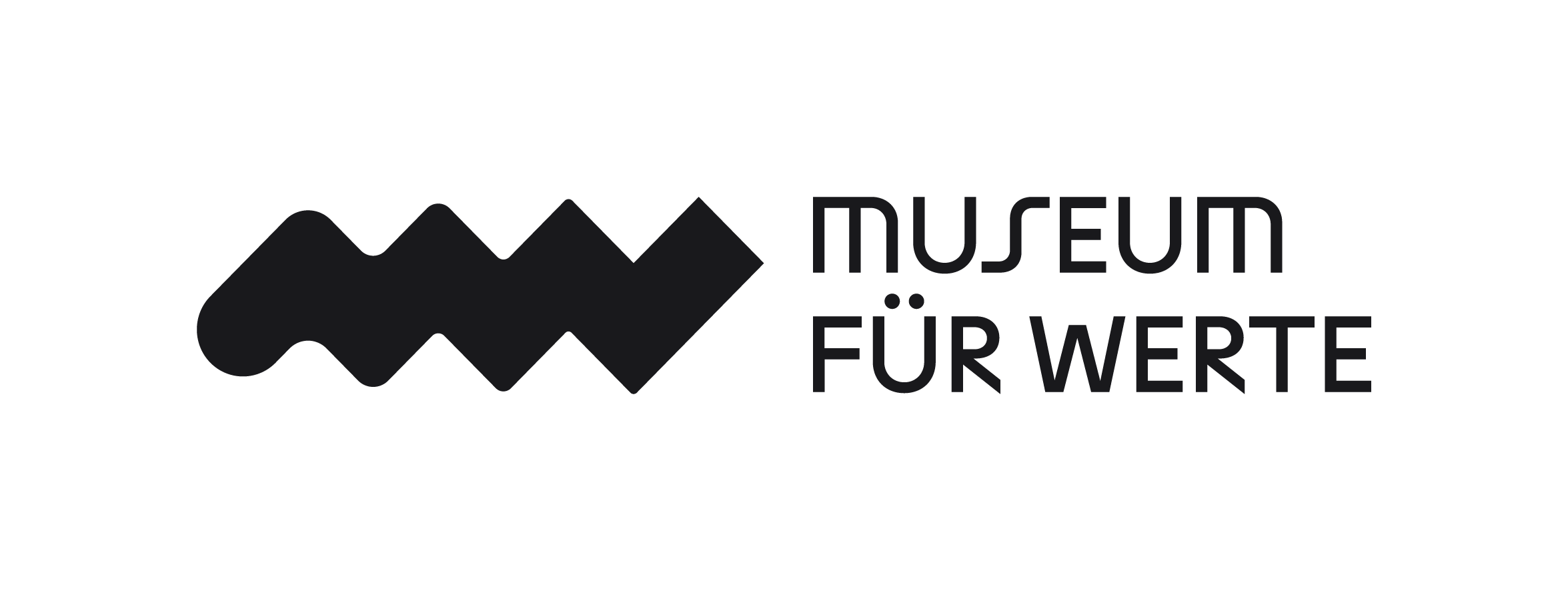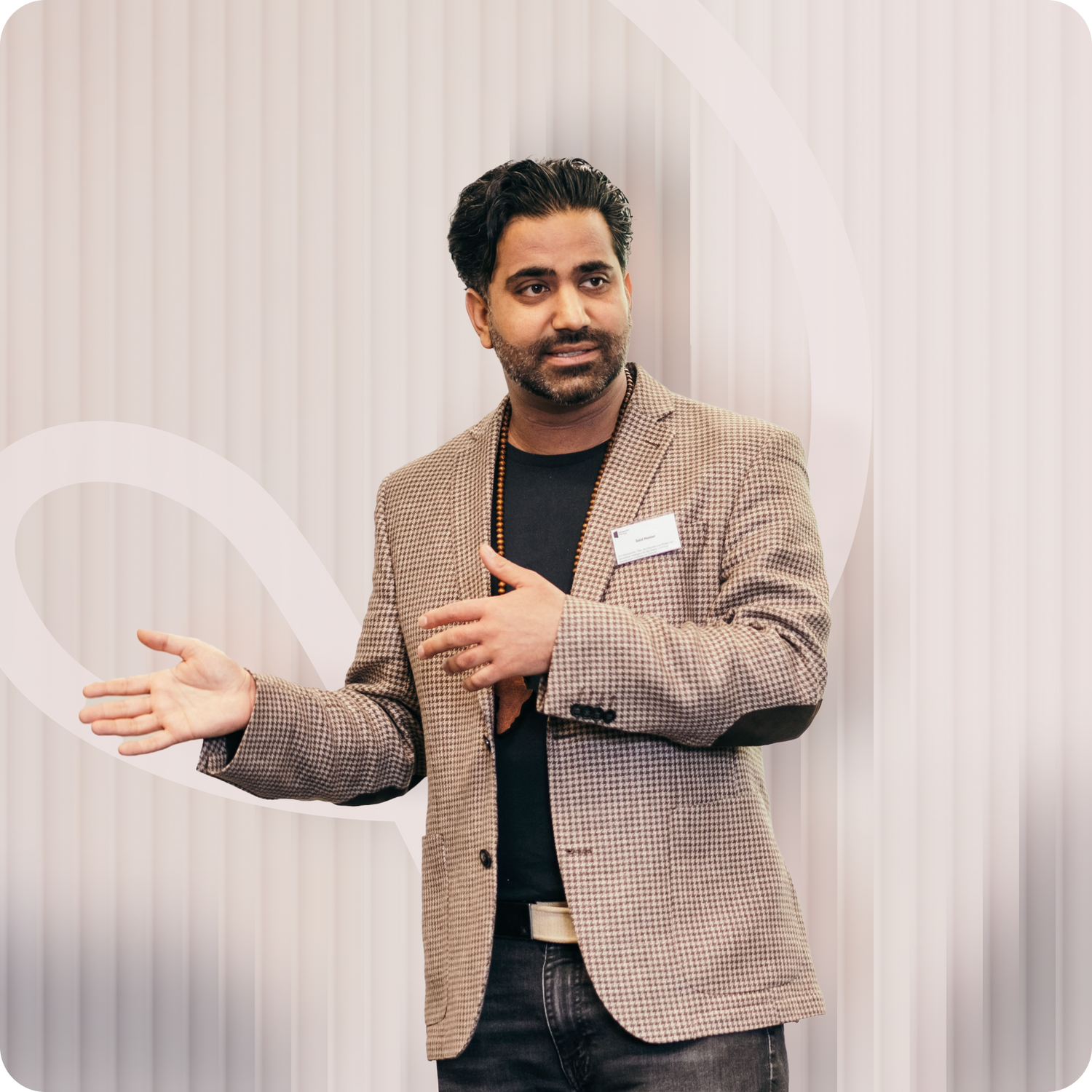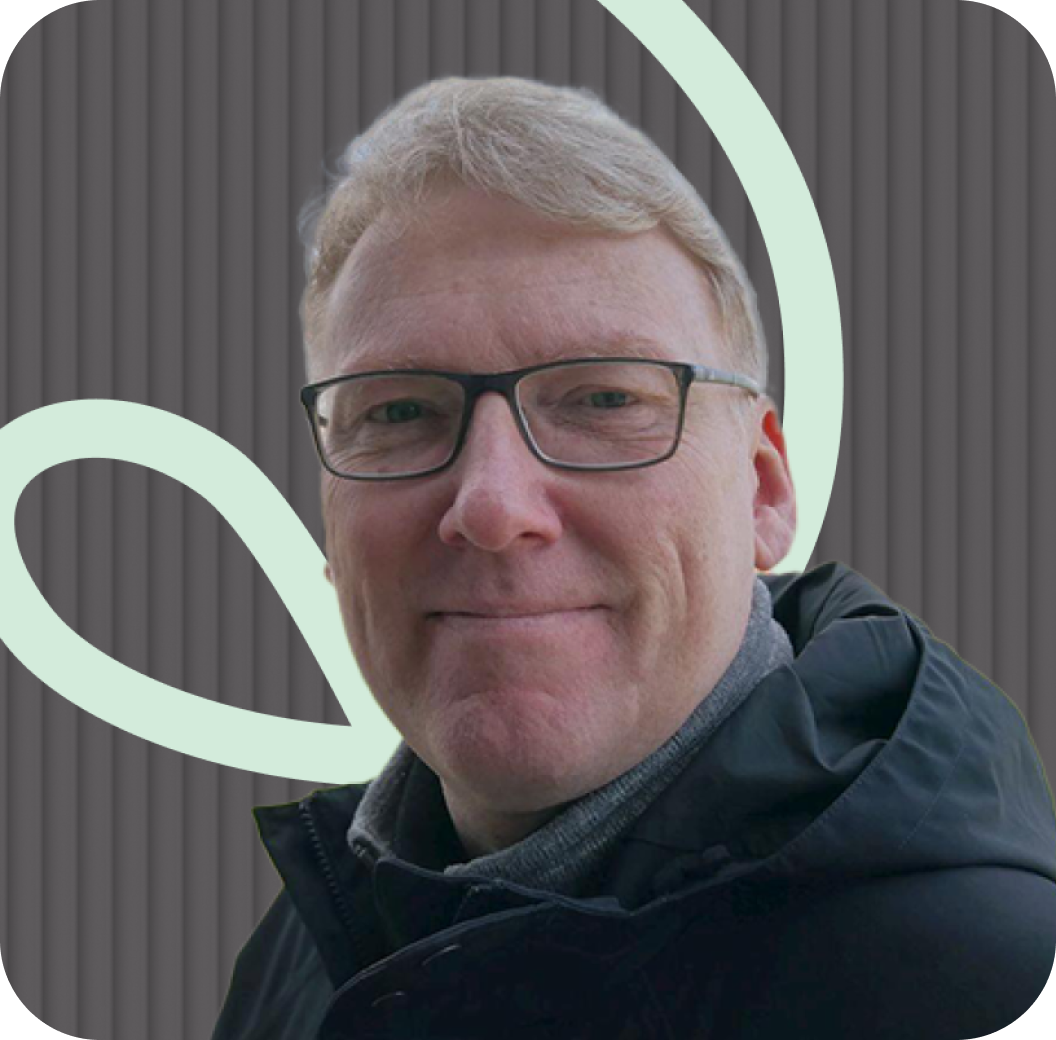Hi, I'm Elio. I'm currently preparing for the day with Said, when I visit him in his office. I'm quite nervous because it will be my first interview. I'm also especially looking forward to our afternoon activity. Said is taking me to 'The Migrant Accelerator,' an event where startups have to pitch their idea in 60 seconds. I've never been to anything like this before, and I'm really excited.
Hello Said, how are you?
Good, thanks.
Great, I'm glad to hear that. We're currently in Kreuzberg, in a coworking space for non-profit organizations, where many startups are located. Can you tell us more about your company?
I developed a chatbot for people experiencing racism. Many don't seek counseling, are hesitant, or can't get an appointment. That's why I developed 'Yana,' which stands for 'You are not alone,' to make it easier to provide these people with the right support.
Could you briefly describe yourself?
Visually, I would be described as a man with an immigrant background, but I prefer to identify as a person of color. I'm 39 years old and feel like I'm currently in the prime of my life.
I'm Elio, 26 years old, white and non-binary, with short, dyed black and white hair. I don't have a migration background. Why are you participating in this project?
I think two things play a role. First, I know the Museum of Values, which began its work in these very rooms where we're sitting. Second, we talk too rarely about values and what they mean to us. That's why I see this as an opportunity to hear myself for once.
Do you find it easy to name the values you hold for yourself?
I think it's not easy for me because these are things we carry with us subconsciously, but don't really address in everyday life. I'm often asked what I look like, how old I am, or what I studied. But no one asks you about your values during an interview. That's why I'm often not so aware of them in everyday life.
Do you have a value that is particularly close to you?
Vulnerability. As children, we are vulnerable and take things personally. As adults, we build walls to protect ourselves. I believe we need to reclaim that vulnerability in order to evolve.
Can you show us the object you brought with you?
Yes, it's a bright red stress ball. You can squeeze it in your hand. For me, this stress ball is a kind of reminder of that difficult time my brother and I went through together. I've kept it as a memento to ground me and bring me back to the essentials in life.
How does this object relate to freedom?
With all the success my startup is enjoying, this stress ball keeps bringing me back to the essentials. And by "essential," I mean why I started a startup in the first place, why I made the decisions I did, and many other things. When my brother's life was in danger, I realized I had been taking many things for granted that weren't. During this time, when I was moving from Berlin to Hamburg to support my brother, the job center stopped my payments because I wasn't at my place of work. I was faced with the choice of either supporting my family and brother or focusing on my career. I took the freedom to care for my brother, even though it put me in financial hardship. Nevertheless, I managed to launch my startup, despite the immense challenge and without income for three and a half months. It was a tough road, but I'm proud that I did it.
And when do you feel free?
I believe freedom has several components. The first layer of the onion is financial independence. If you lose your basic income, you feel quite unfree, bound, and dependent. Financial freedom is definitely one of the most important elements. Once you've achieved that, you can delve deeper into the onion. Onions may not be the most delicate vegetables, but the metaphor fits well to get to the core.
What else does freedom mean to you?
The other freedom we should take for ourselves is the question of what we want to leave behind when we die. What do we want to be left behind? Another tactic that has led me more intensely to freedom is the idea of developing a time machine and leaving a note to my younger self in the past. What would I write to him? What do I want to leave behind? I've found many answers to these questions. I started sharing poetry on Instagram, little notes I wrote to myself. These notes, originally intended for myself, I then published on my channel. There's something special about sharing these thoughts and poems with others and enjoying them together. Coming to terms with the things that have happened to us in the past or that we ourselves are responsible for gives us a much more intense freedom than money ever could.
That sounds like a very healing process. Is healing and reconciliation a part of freedom for you?
Yes, I think so. Reconciliation sets us free—free from the guilt we often carry unconsciously, and also from shame. If we manage to bring our mistakes and failures outwardly and own up to them, we overcome guilt and shame. This gives us the chance to truly grow and flourish.
That was beautifully said. Perhaps one last question: What do you want to remain of you when you are no longer here? I think the supreme discipline of human existence is the question of why we are here. Why did we fall into this world, why do we live in this time, and what does that mean for us? There have been many ways to answer this question throughout human history. Religion has had a huge influence in the past, but Greek philosophers like Aristotle also contributed their thoughts. Every era has its own words and its own context to focus on this topic. I feel like we are living in a completely new era—a time of artificial intelligence, diversity, and technological advancement.
In my opinion, this new era requires a recalibration of why we are here in the first place. This central question helps us address the great challenges of our time, be it the climate crisis or the issues of diversity and justice. If we view our lives only as something individual, these issues will not have much significance. But if we view our lives as something precious and collective, these questions take on a whole new dimension. I believe we need a stronger focus on the central questions of life in order to overcome the great challenges of our time.
Yes, thank you very much. That was a very forward-looking answer—the perfect closing statement, I would say. Thank you for the interview.
reflection
The day with Said passed quickly. After the interview, we went for coffee and chatted about various topics. The pitching event in the afternoon was a new experience for me. It was particularly interesting to see Said in this environment and discuss startups and social entrepreneurship. We also talked about the role of the Migrant Accelerator and its significance for society and freedom. It was an insightful day, and I'm glad we were able to spend it together.



